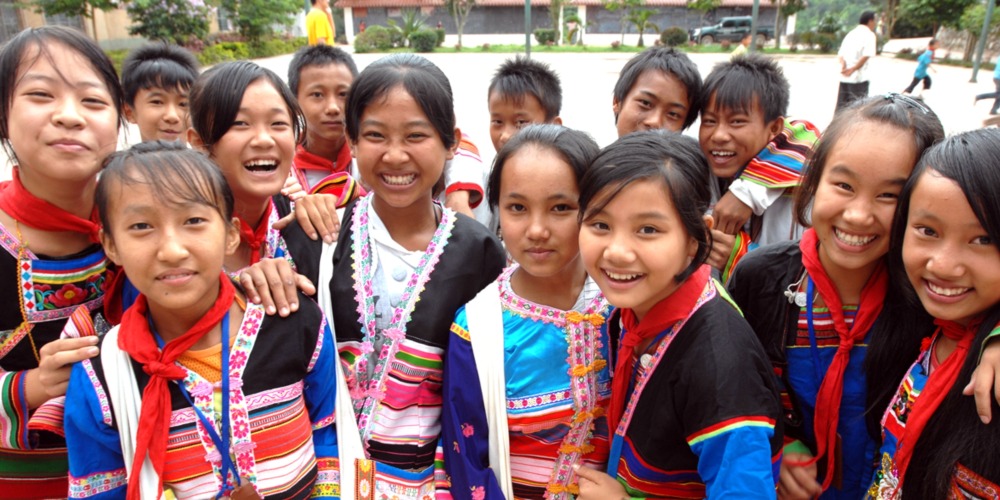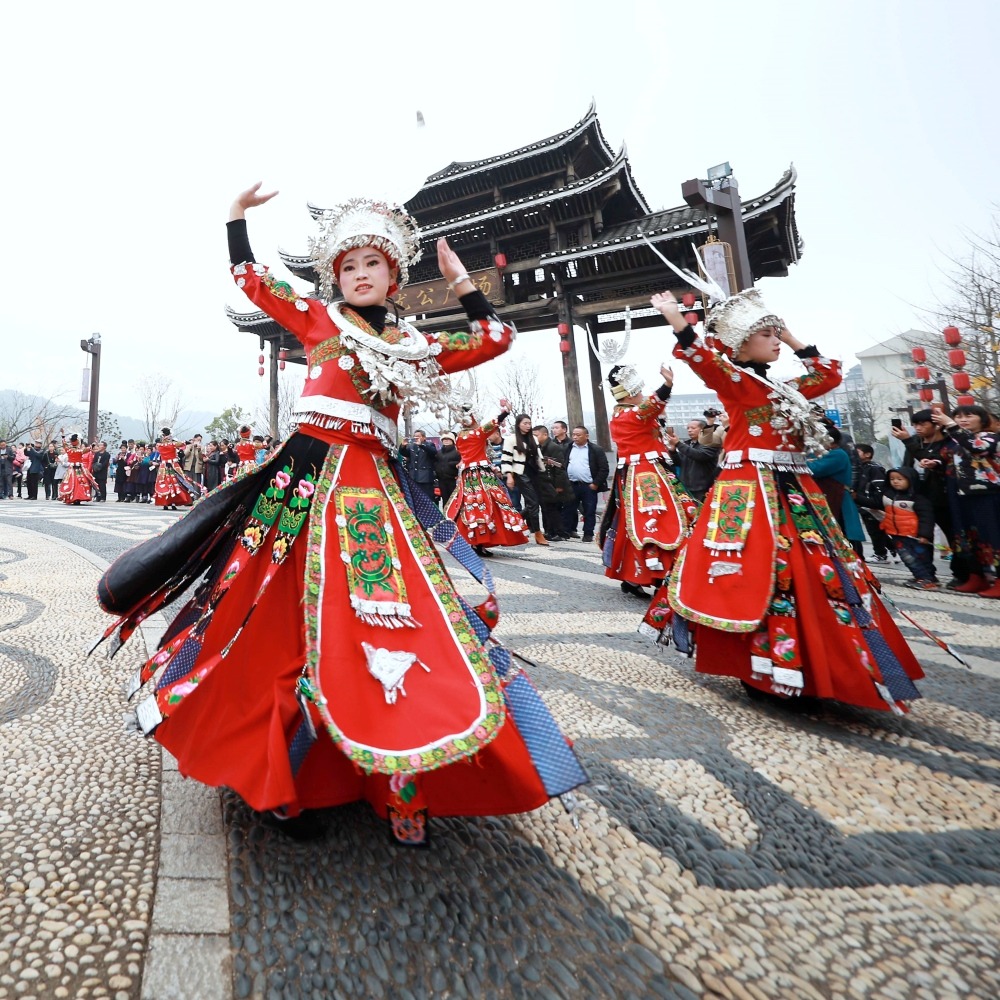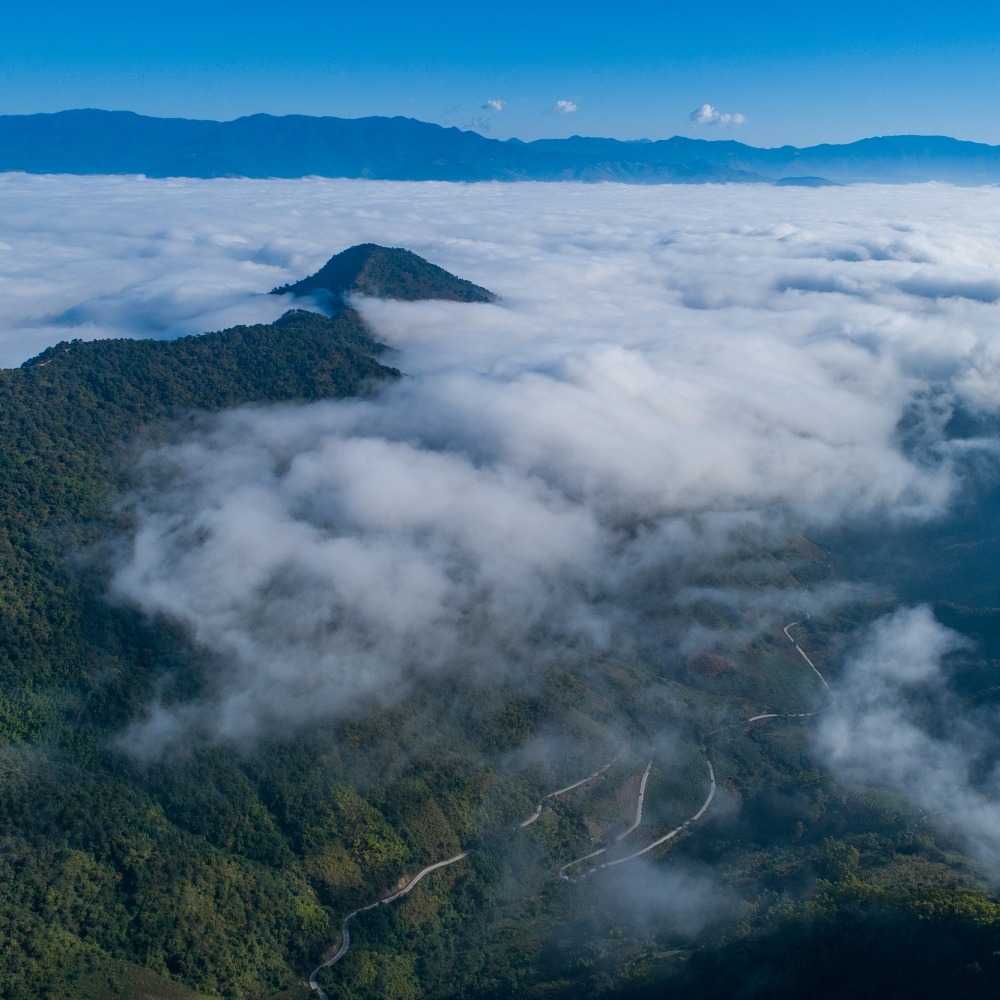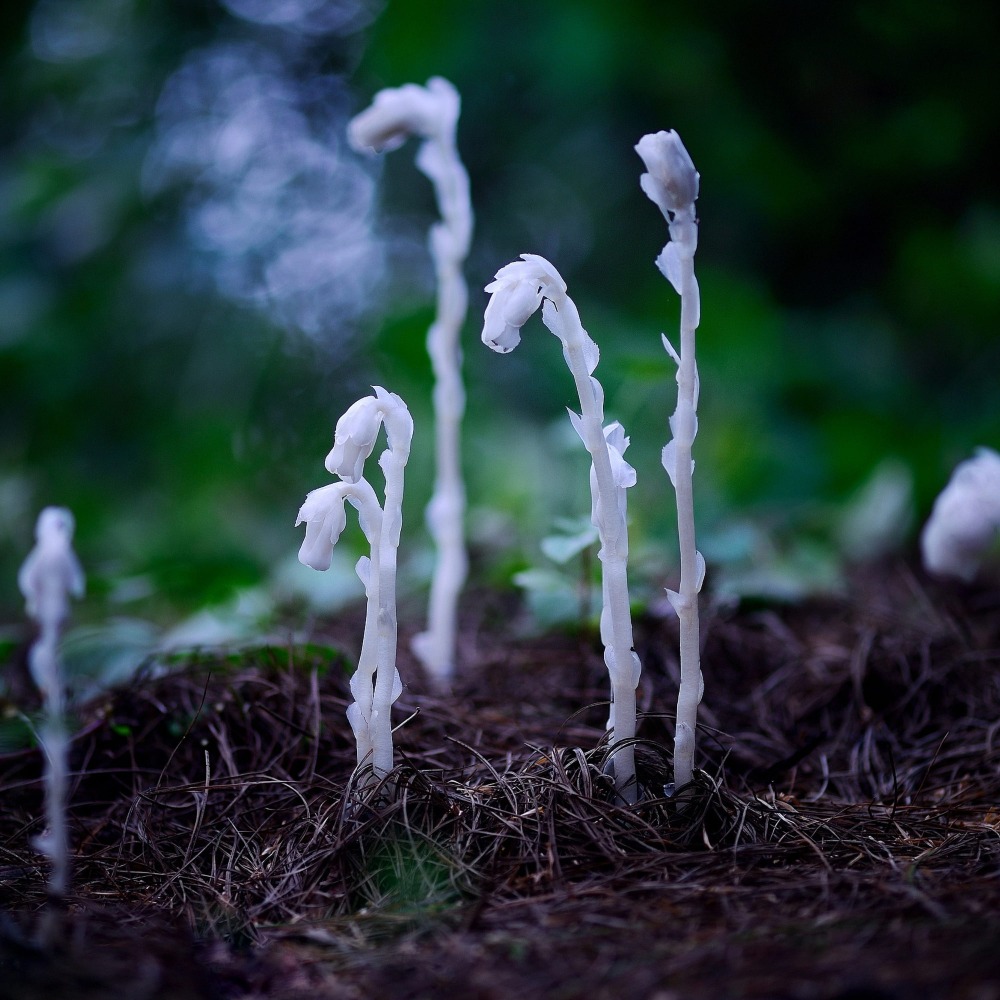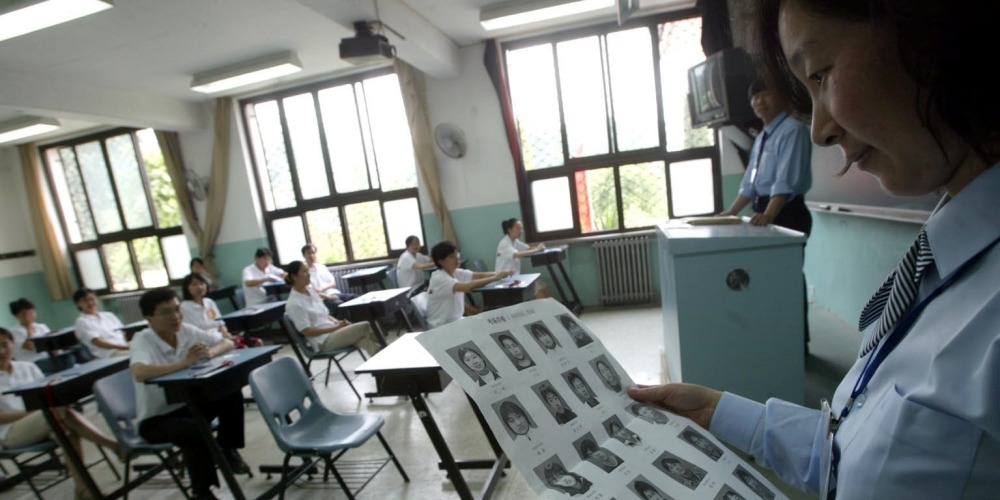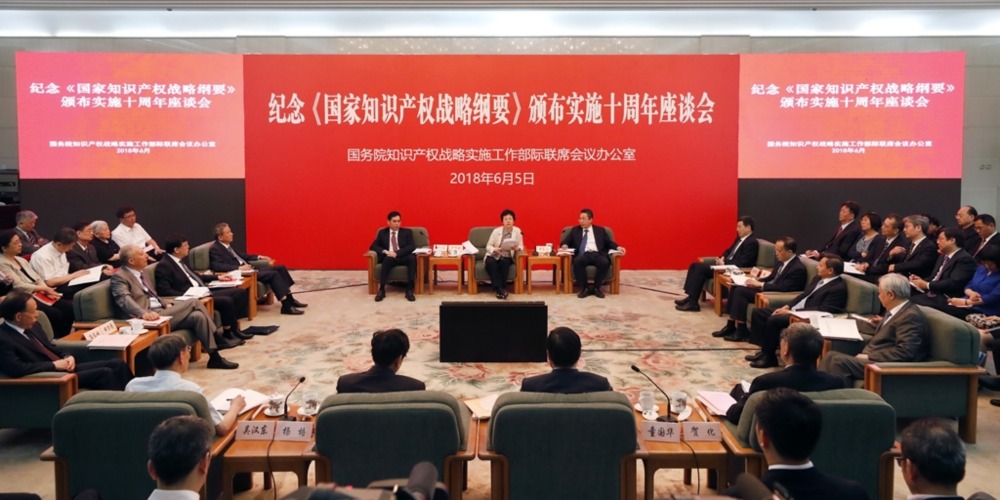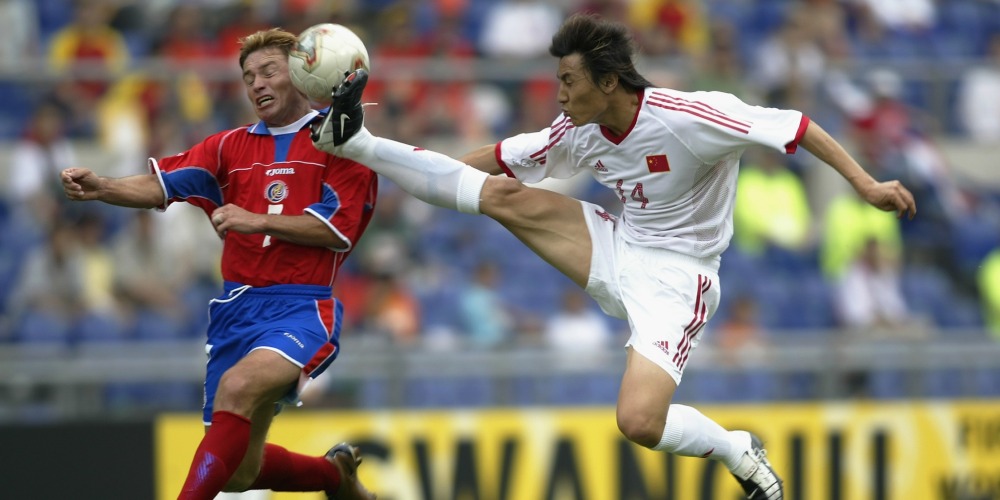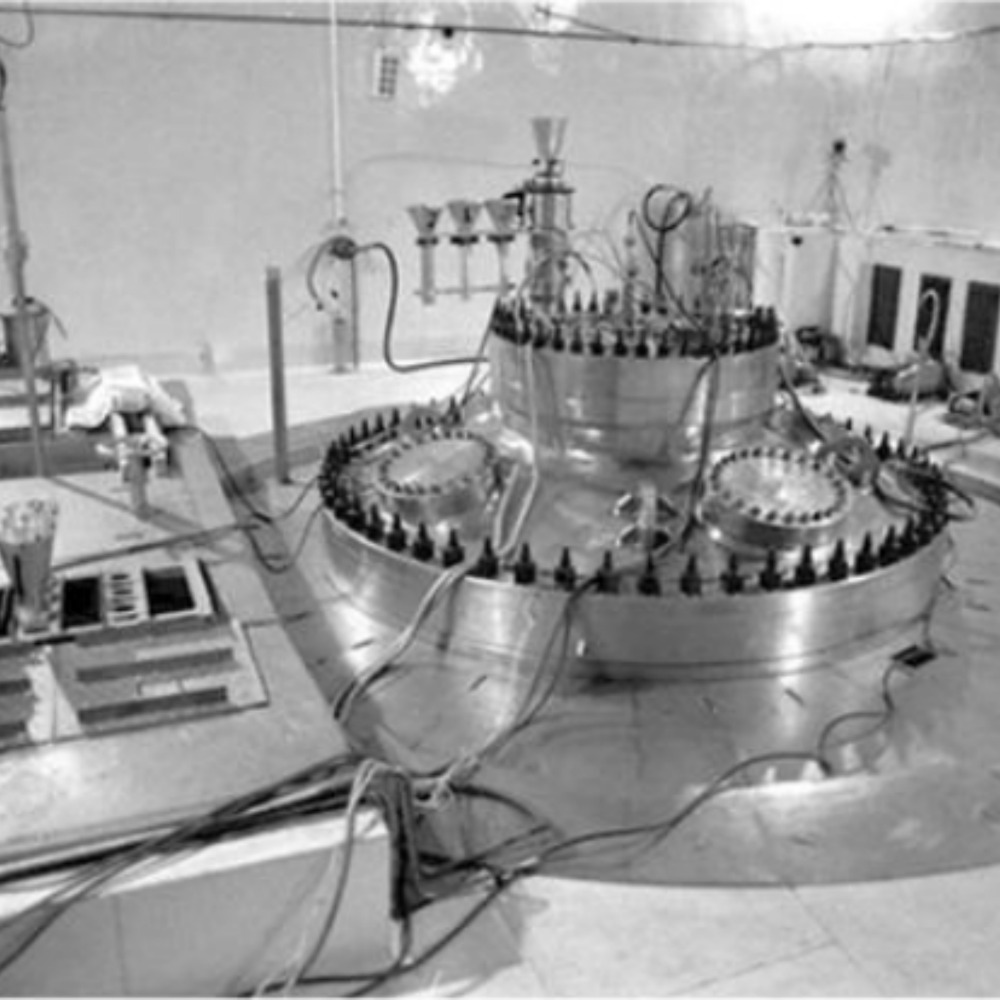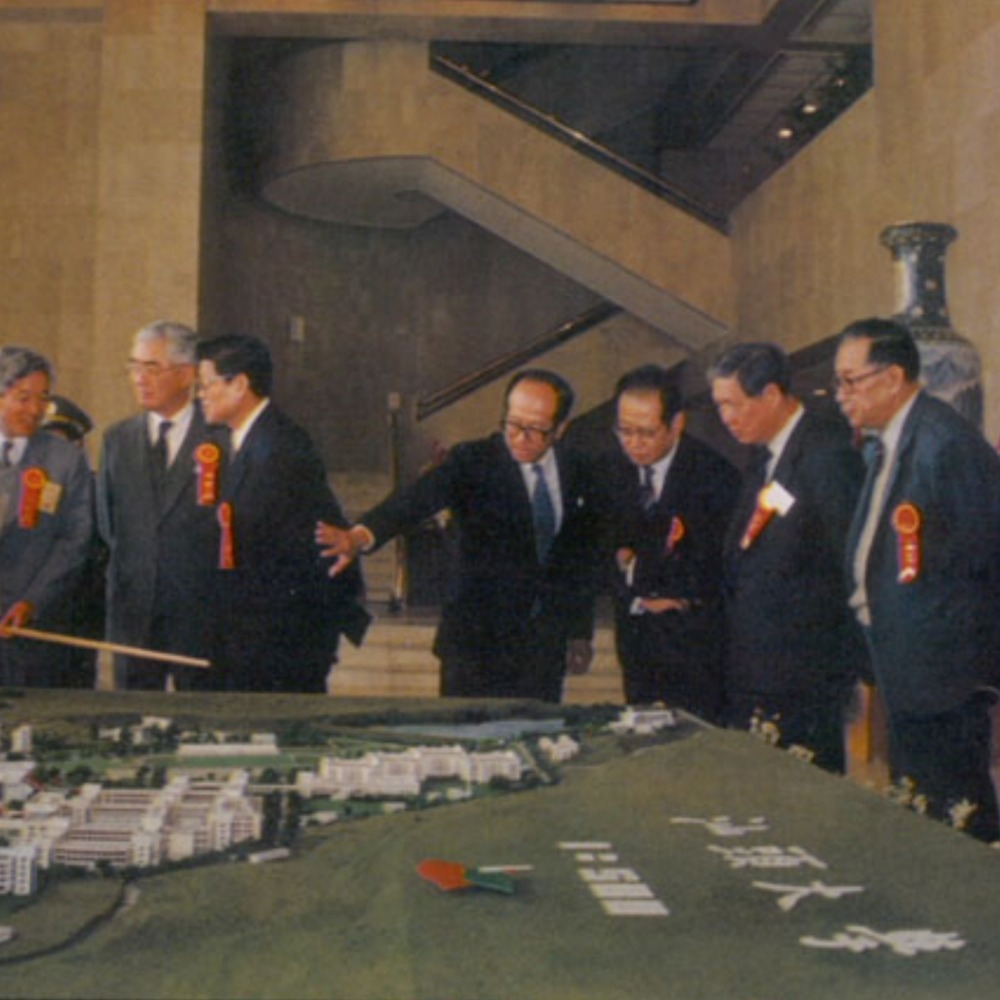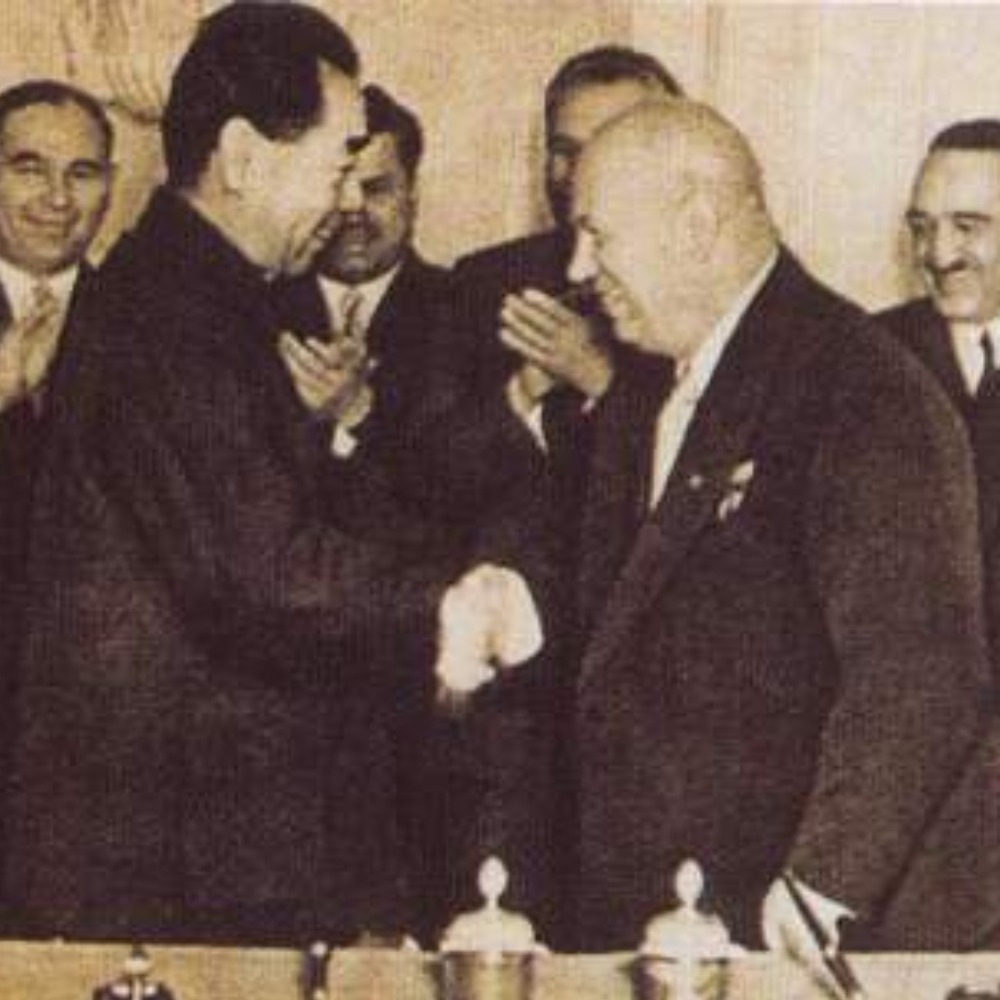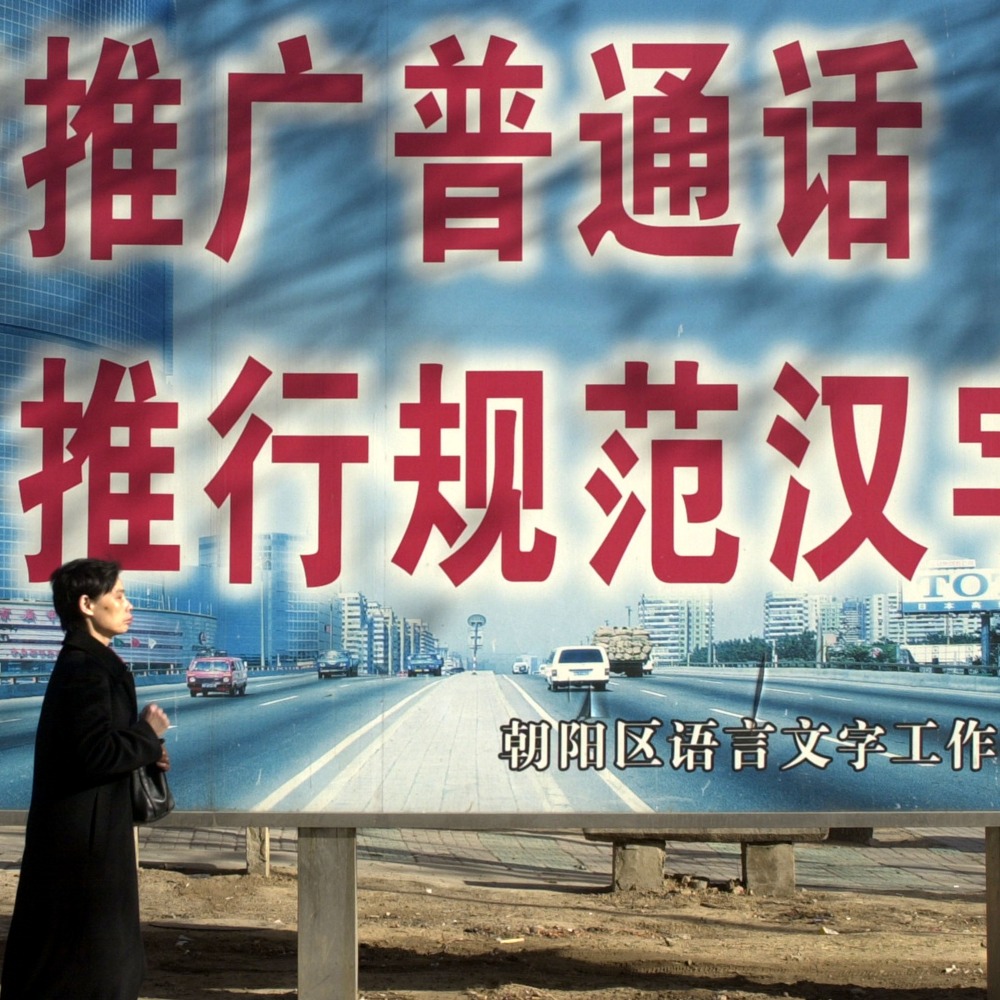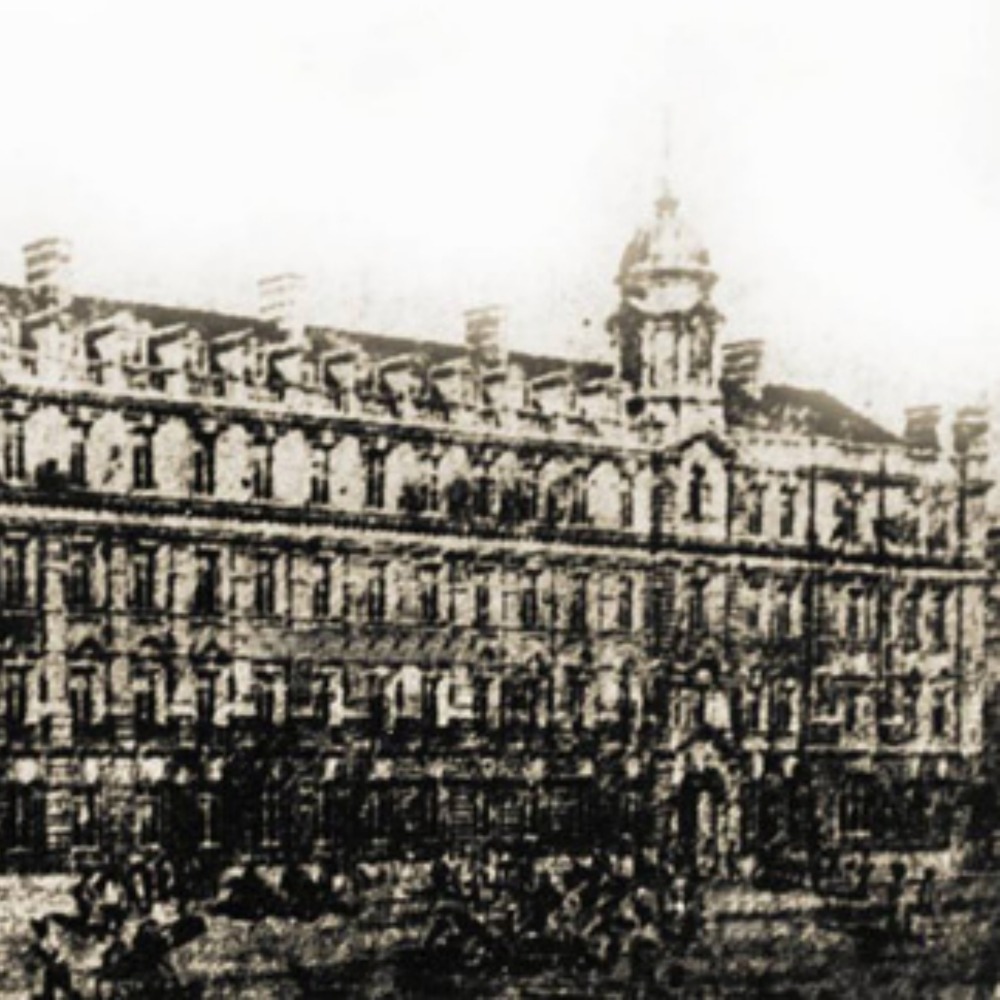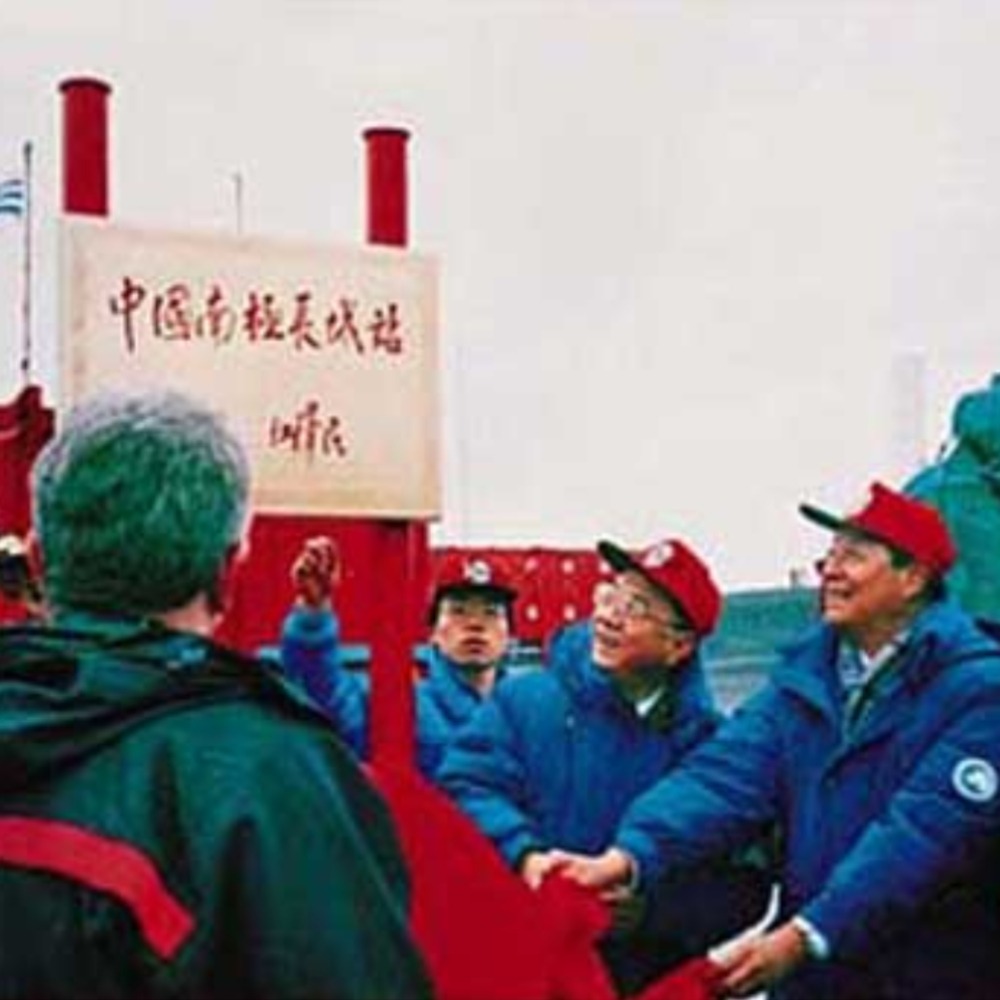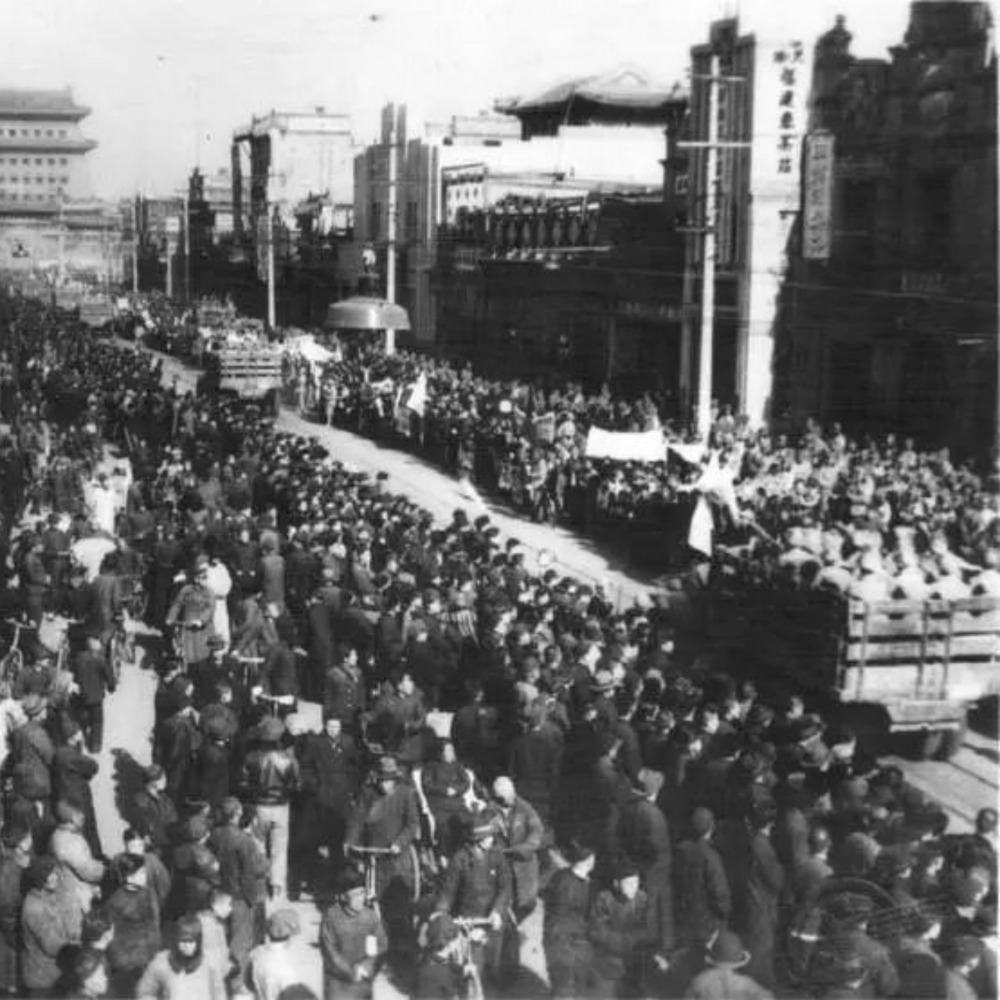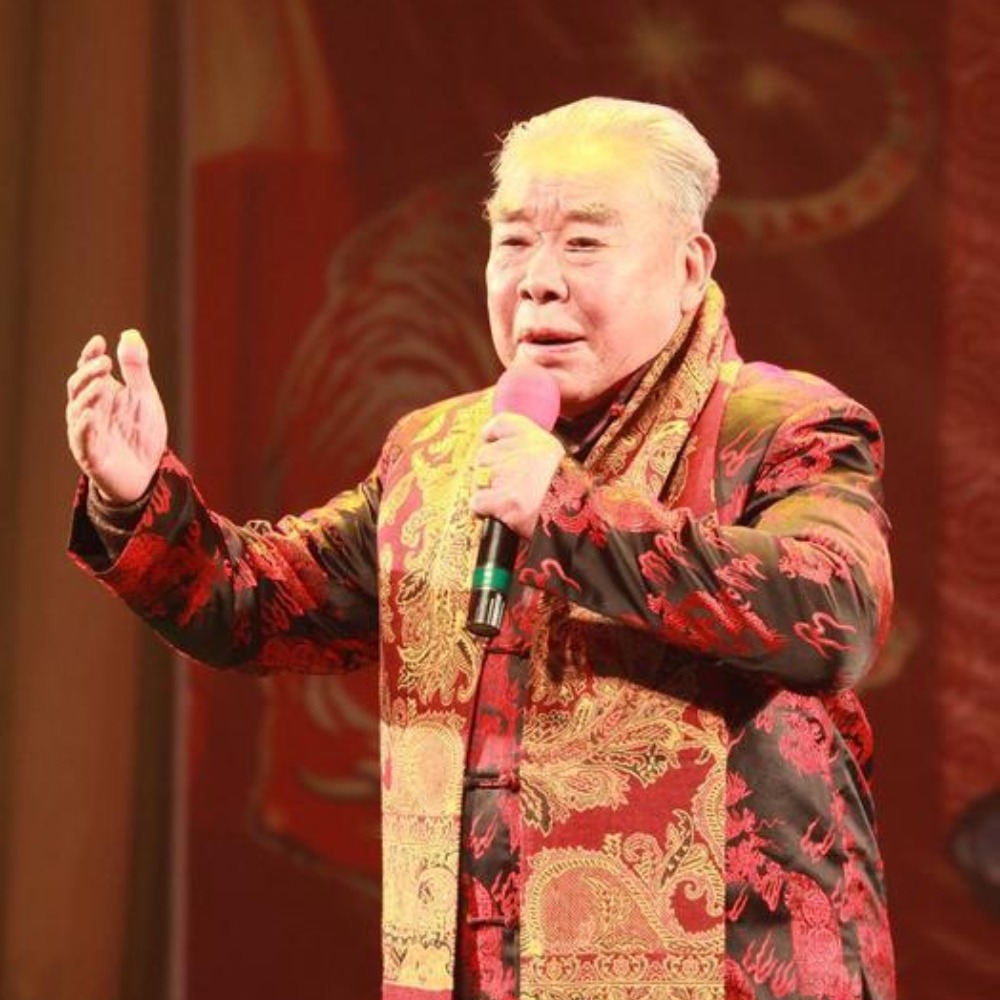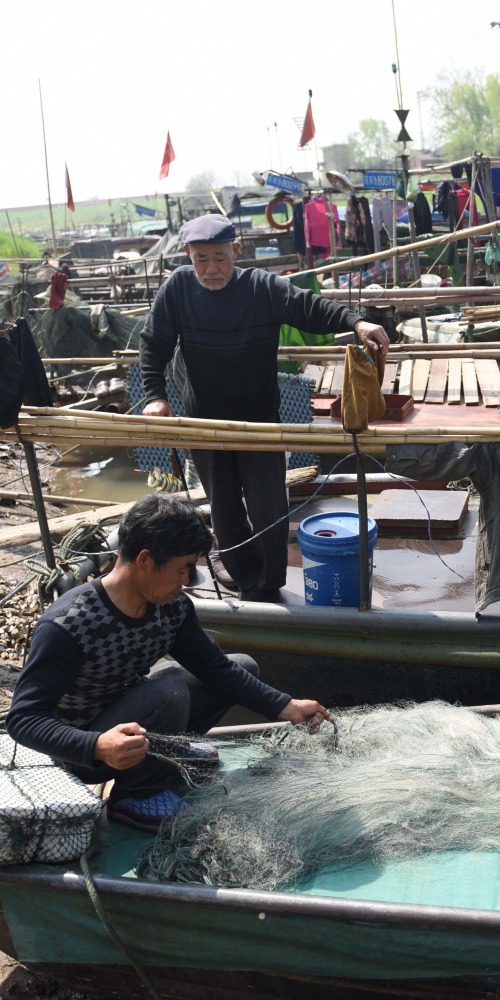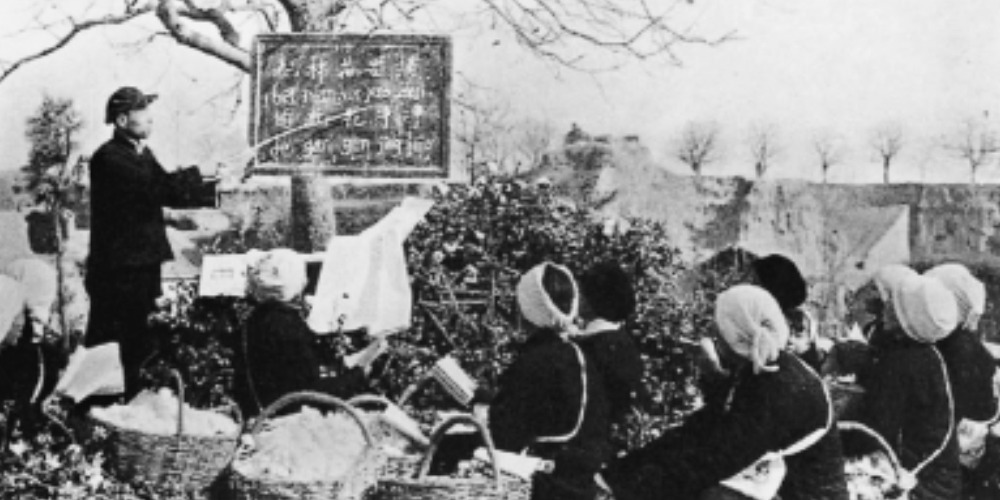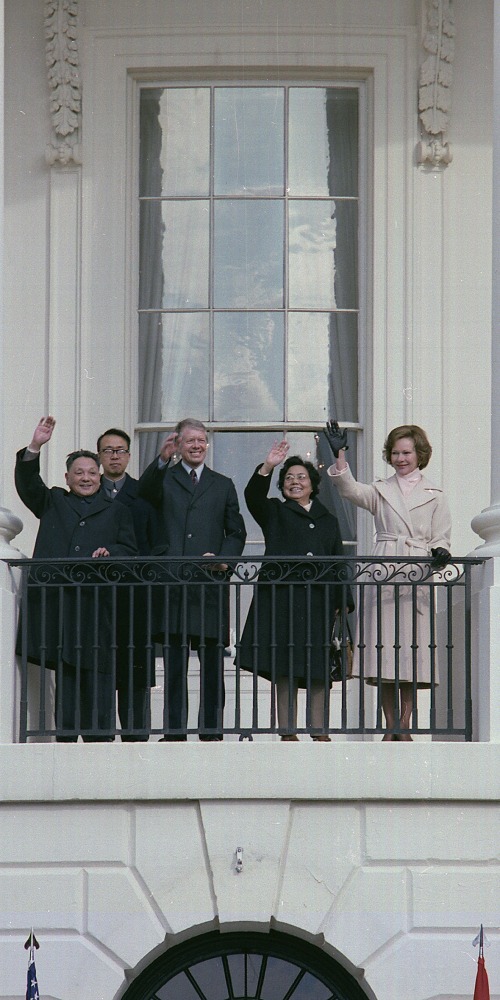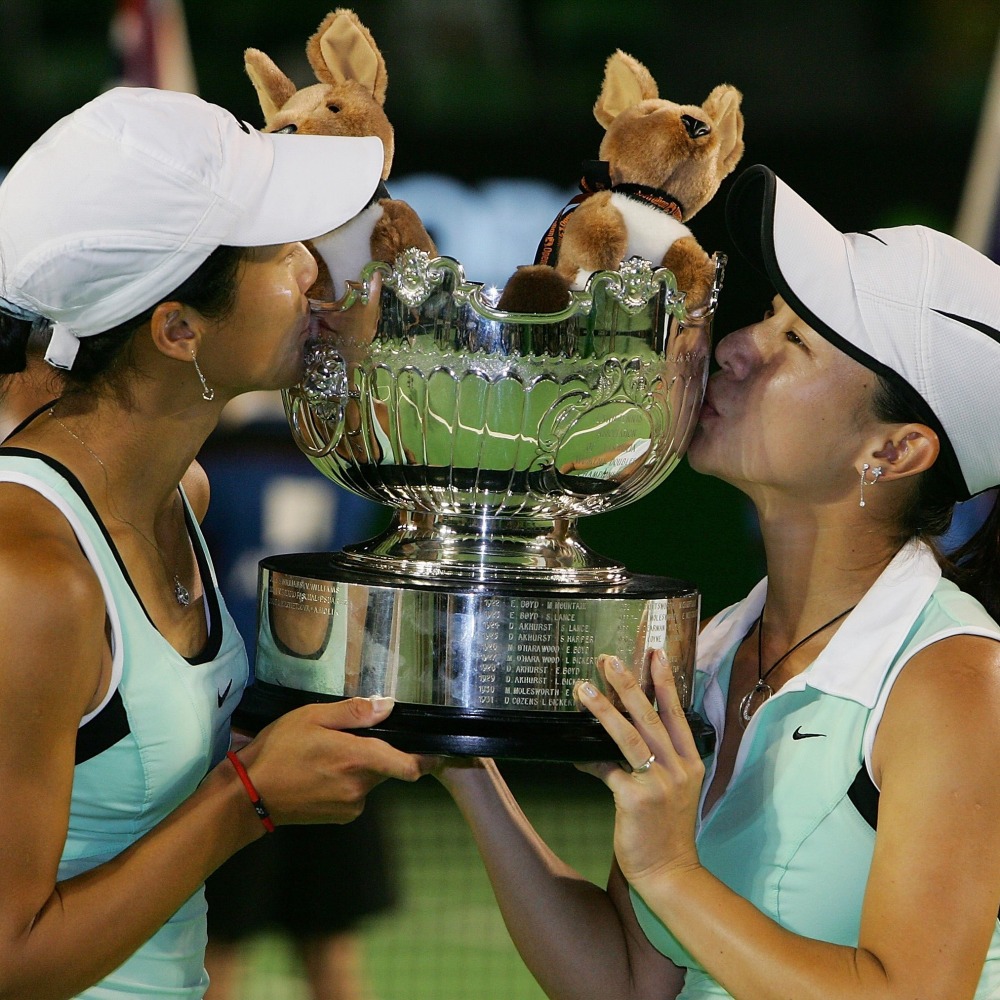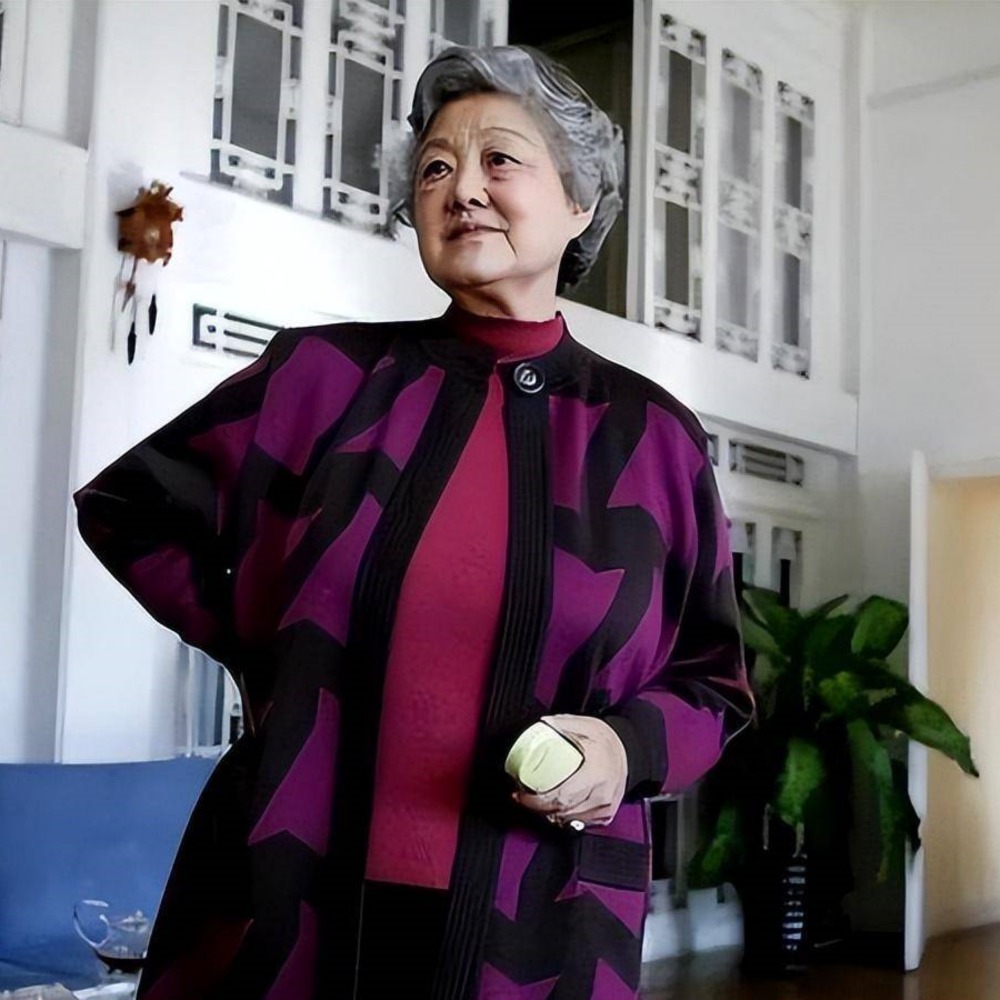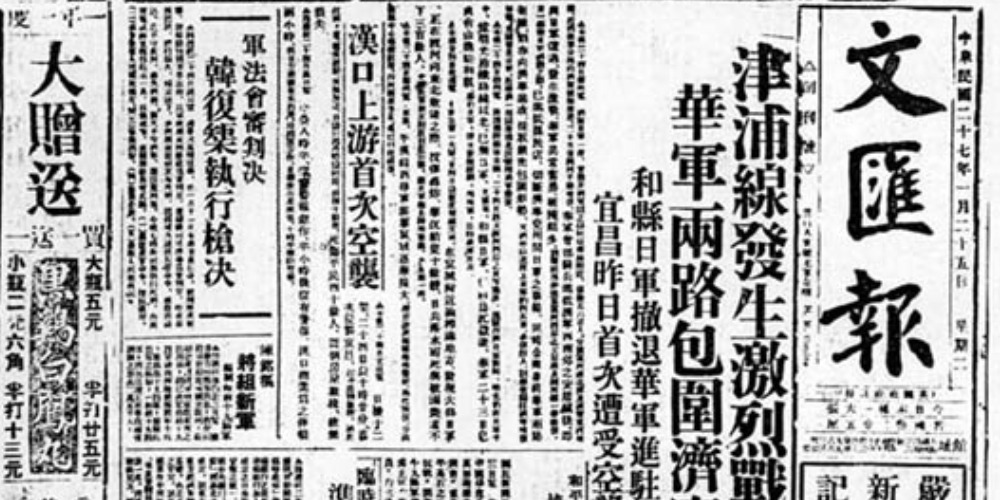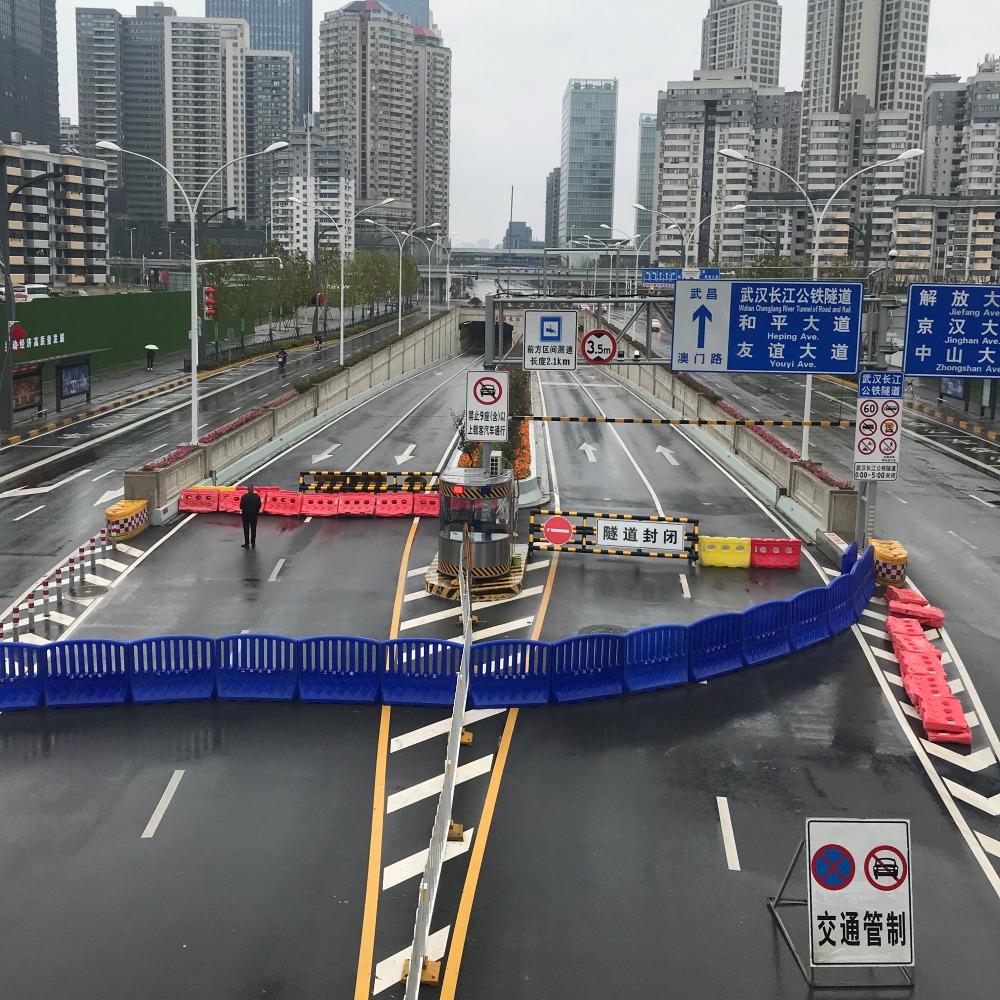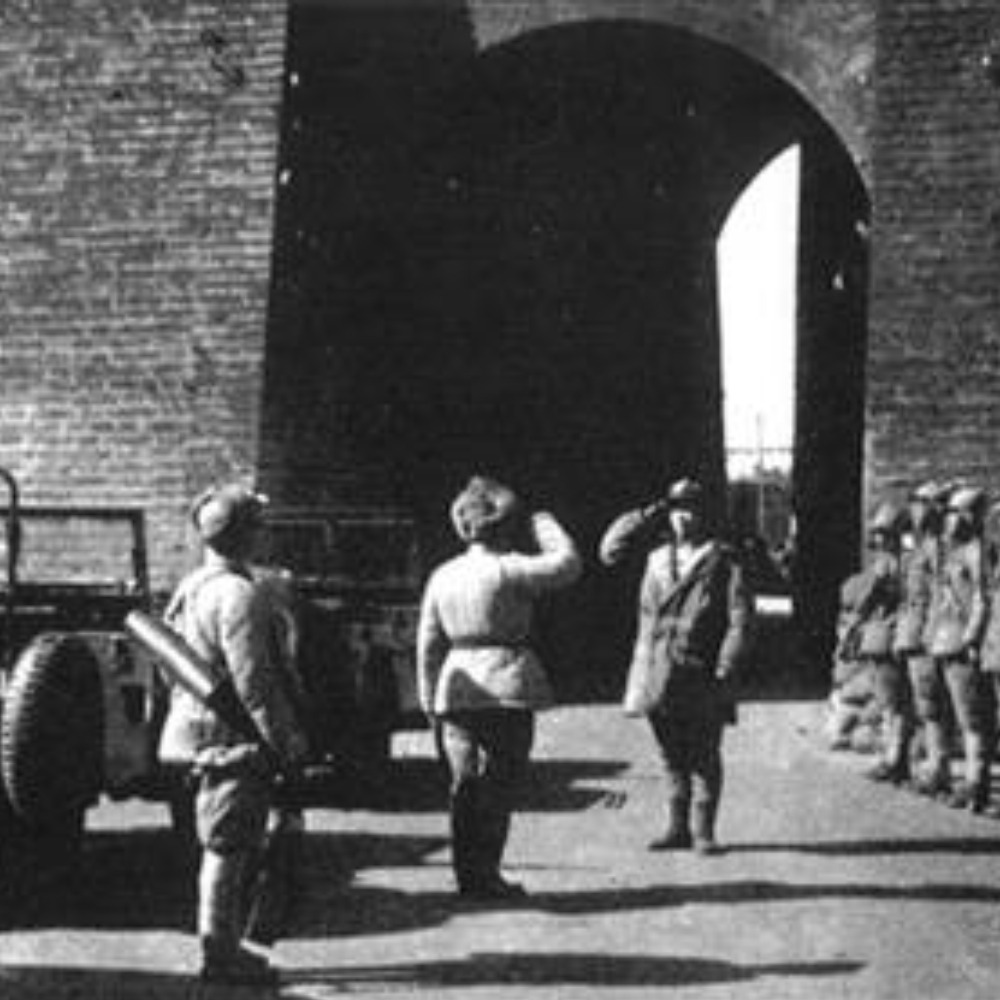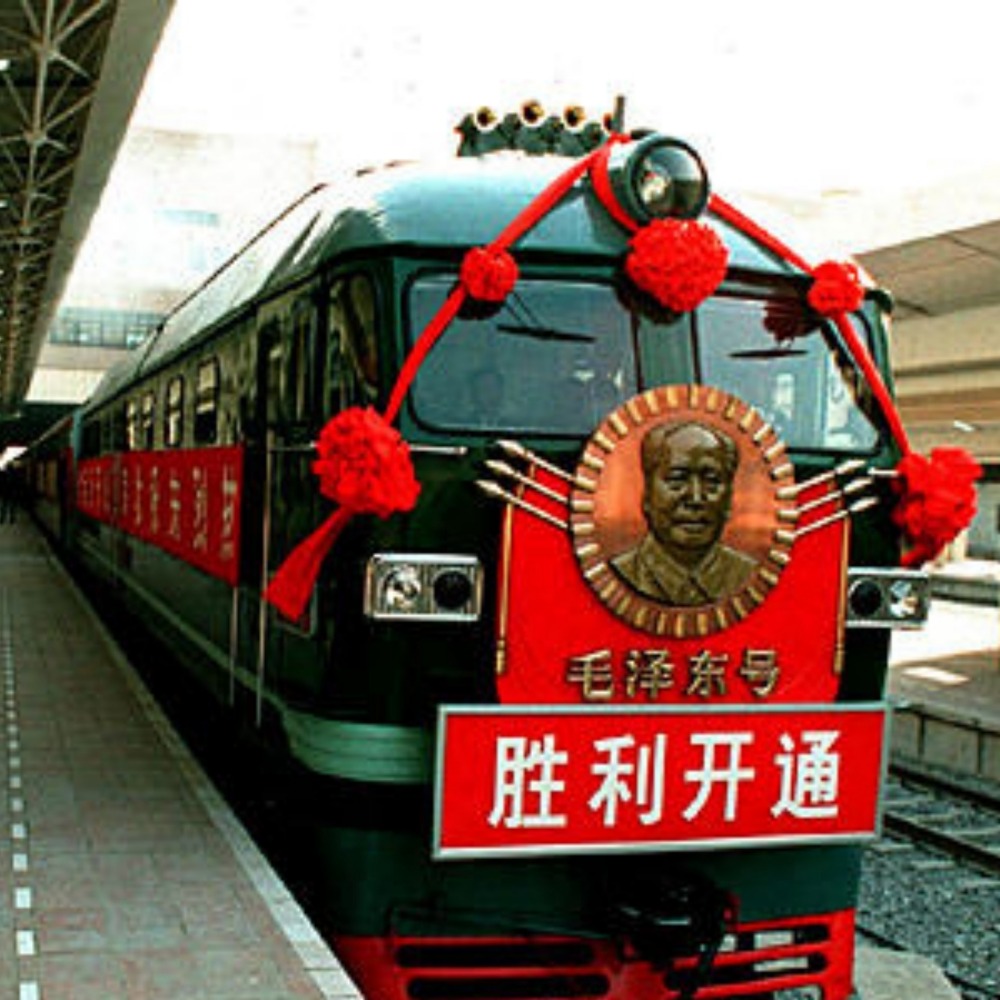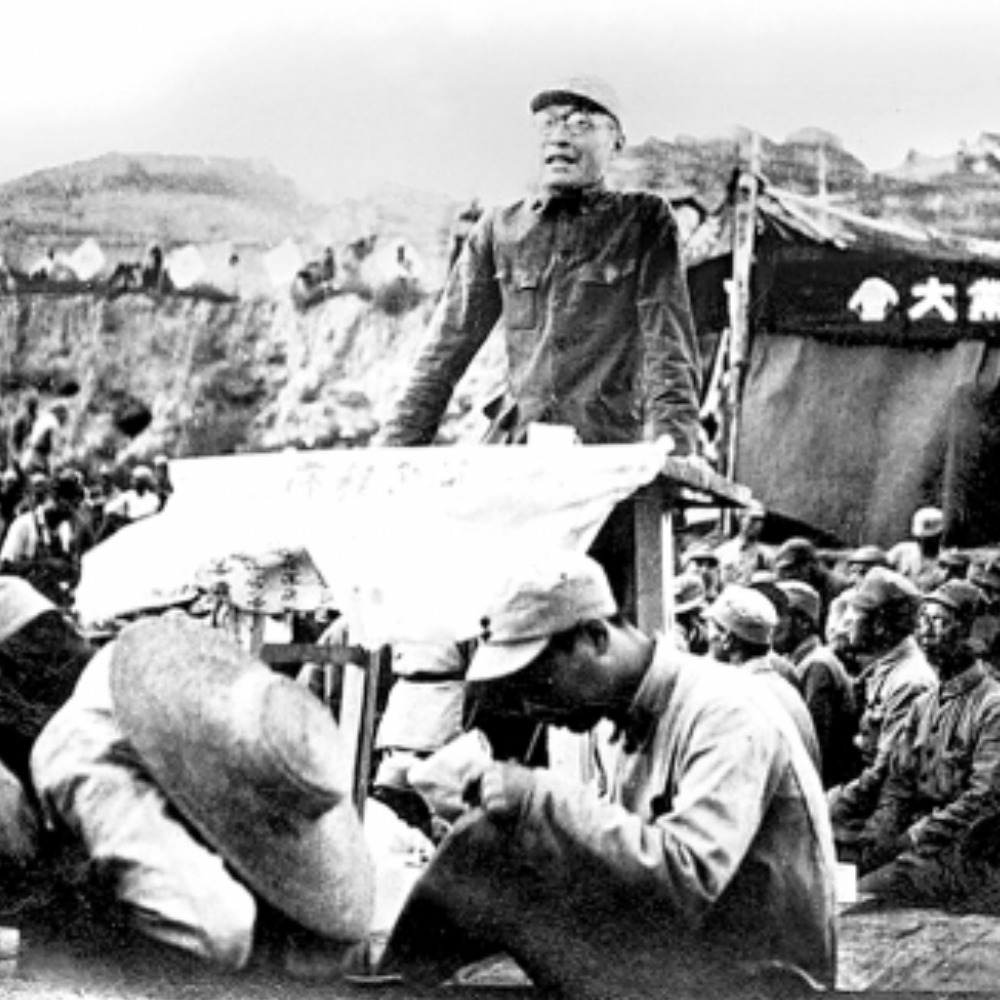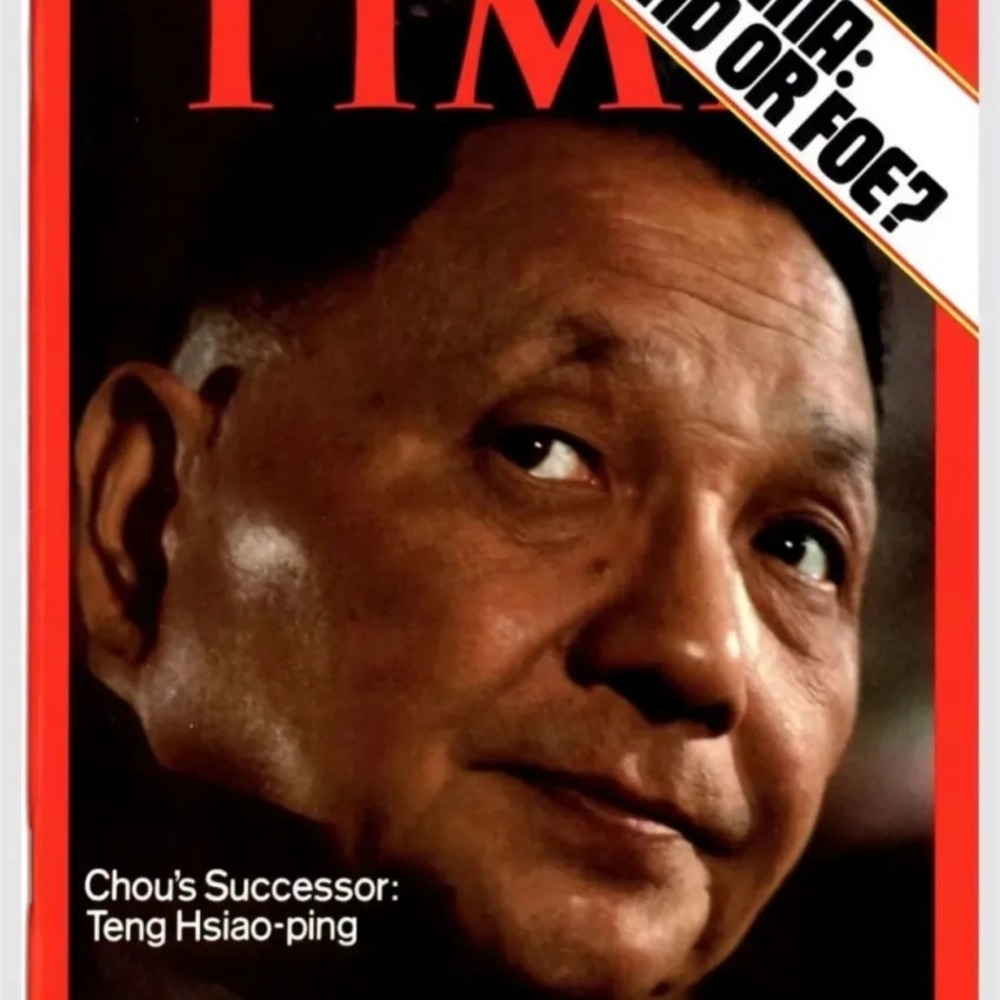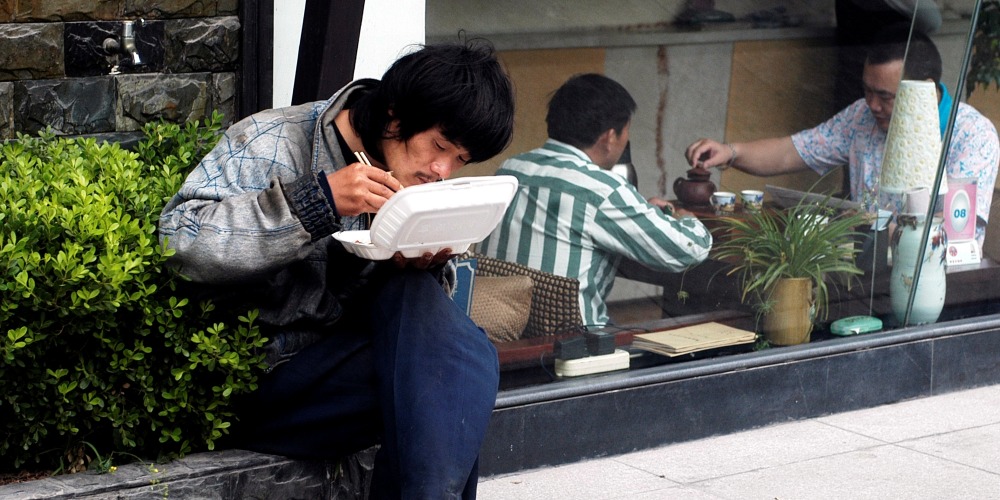Published : 2024-06-06
On June 6, 1979, the State Council of China issued a notice confirming the Jino people (基諾族) as China's 56th ethnic group, which was also the last one officially recognised by the Chinese government.
The Jinuo is one of the seven unique ethnic groups with a smaller population in Yunnan Province. As of 2021, the total population of Jinuo was 26,025.
The Jinuo mainly live in the Jinuo ethnic township of Jinuo Mountain in Jinghong City, Xishuangbanna, and the neighbouring Mengwang, Mengyang, and Menghan. A small number of ethnic people also live scattered in Meng Lun and Xiangming in Mengla County.
As for the origin of the Jinuo, the term "Jinuo" originated from the era when the Jinuo ancestors lived on Jie Zhuo Mountain (傑卓山), when the name "Jinuo Lok"(基諾洛克) appeared.
"Ji" means uncle, and "nuo" means following, which literally translates as "people who follow the uncle". Therefore, Jinuo means "descendants of the uncle" or "ethnic group that respects the uncle".
In the past, it was translated into Chinese as "Youle" (攸樂), so the Jinuo Mountain where they live is also commonly called "Youle Mountain".
The Jinuo worship Zhuge Kongming (諸葛孔明). It is said that the ancestors of the Jinuo were part of Kongming's southern expedition army.
They were "dropped" because they were sleepy on the way, which was associated with "Youle", the source of the name "Youle". Although these people caught up with Kongming later, they were no longer taken in.
In order to survive, Kongming gave them tea seeds and instructed them to grow tea. He also told them to build houses according to the style of his hat.
The circular embroidery pattern on the back of the Jinuo boy's clothes is said to be Kongming's eight trigrams, and when worshiping ghosts and gods, they also call Mr. Kongming.
The authenticity of these legends is still up for verification, but they reflect to a certain extent the close connection between the ancient Jinuo and the Han people.
